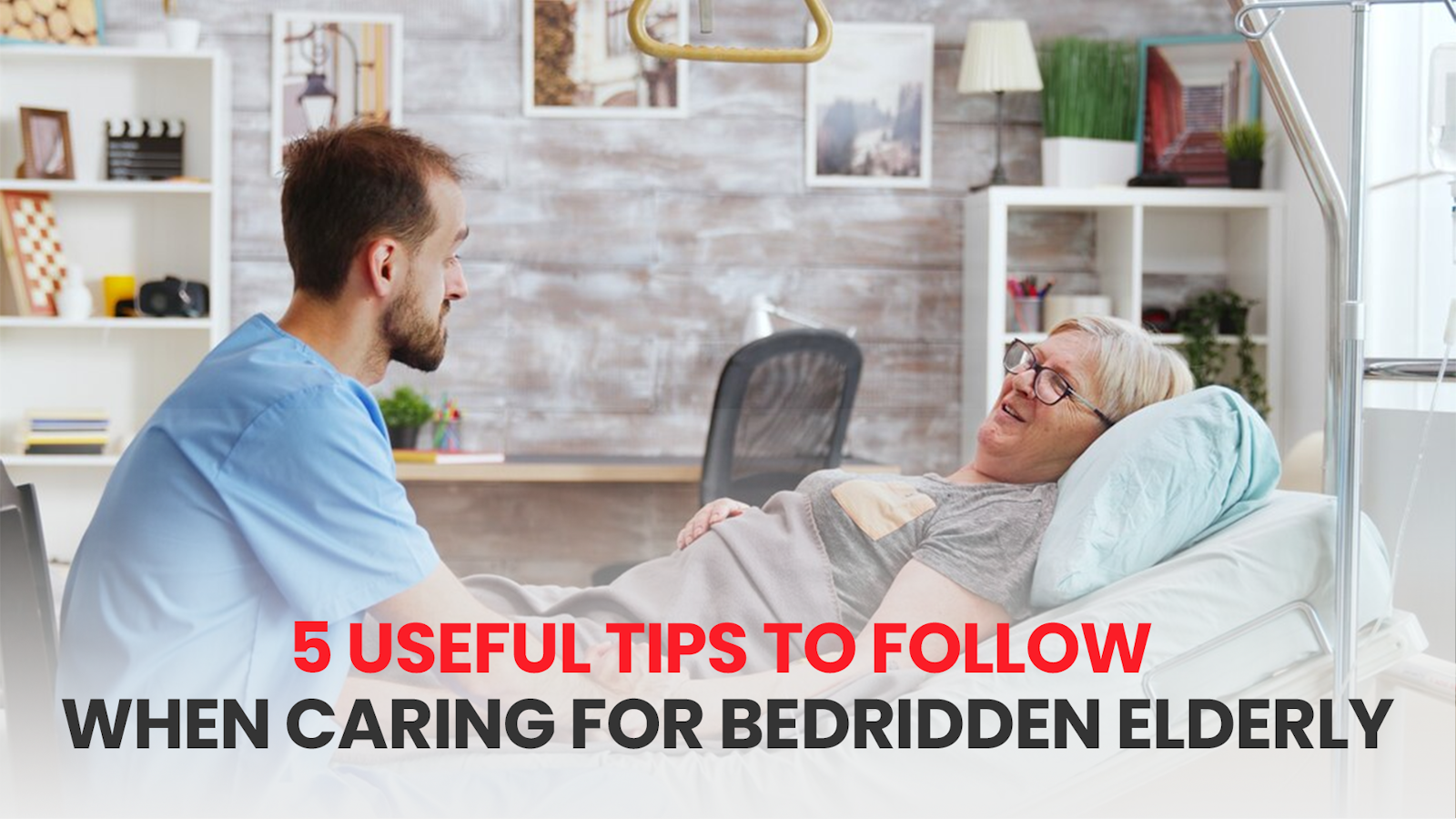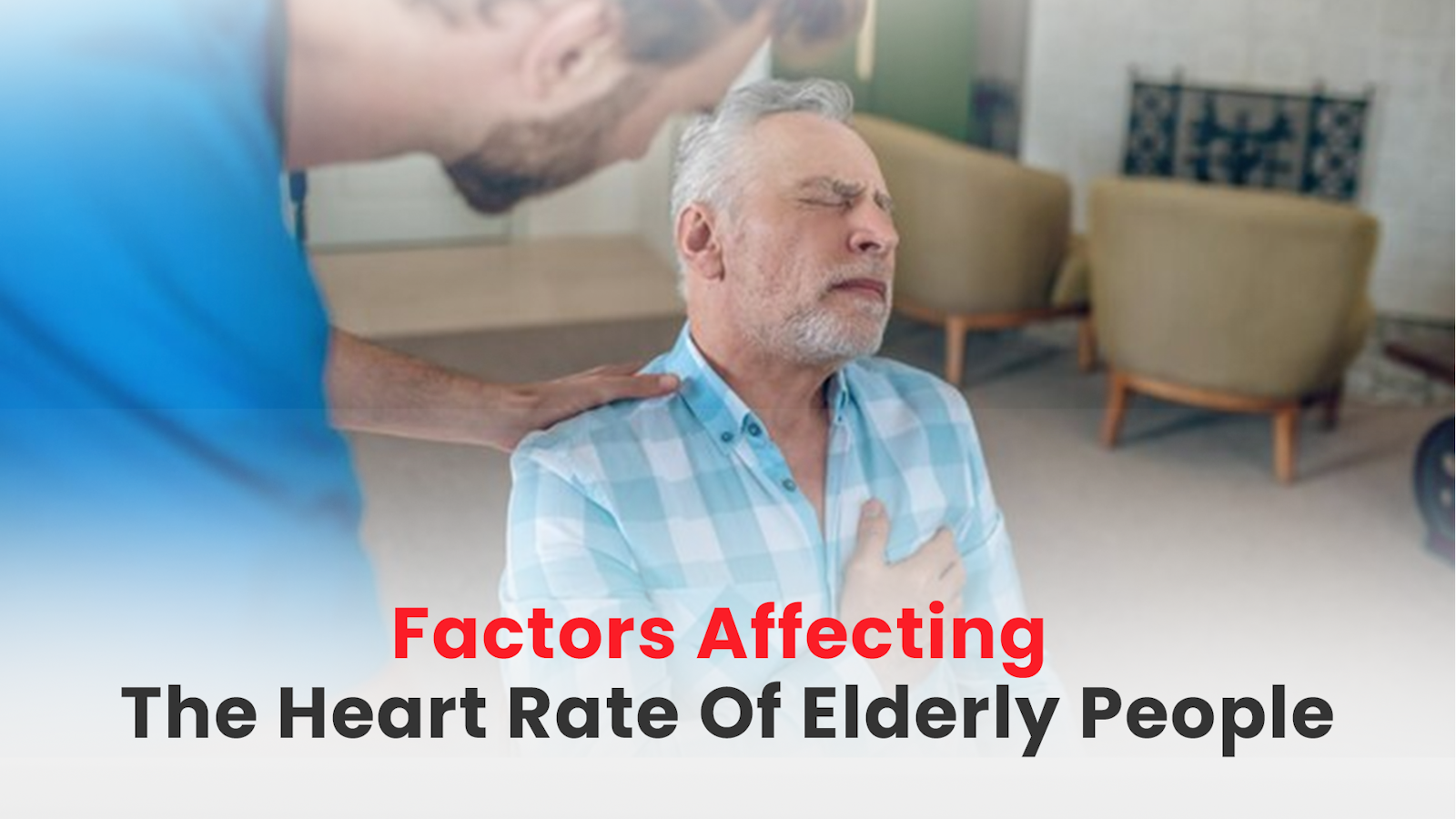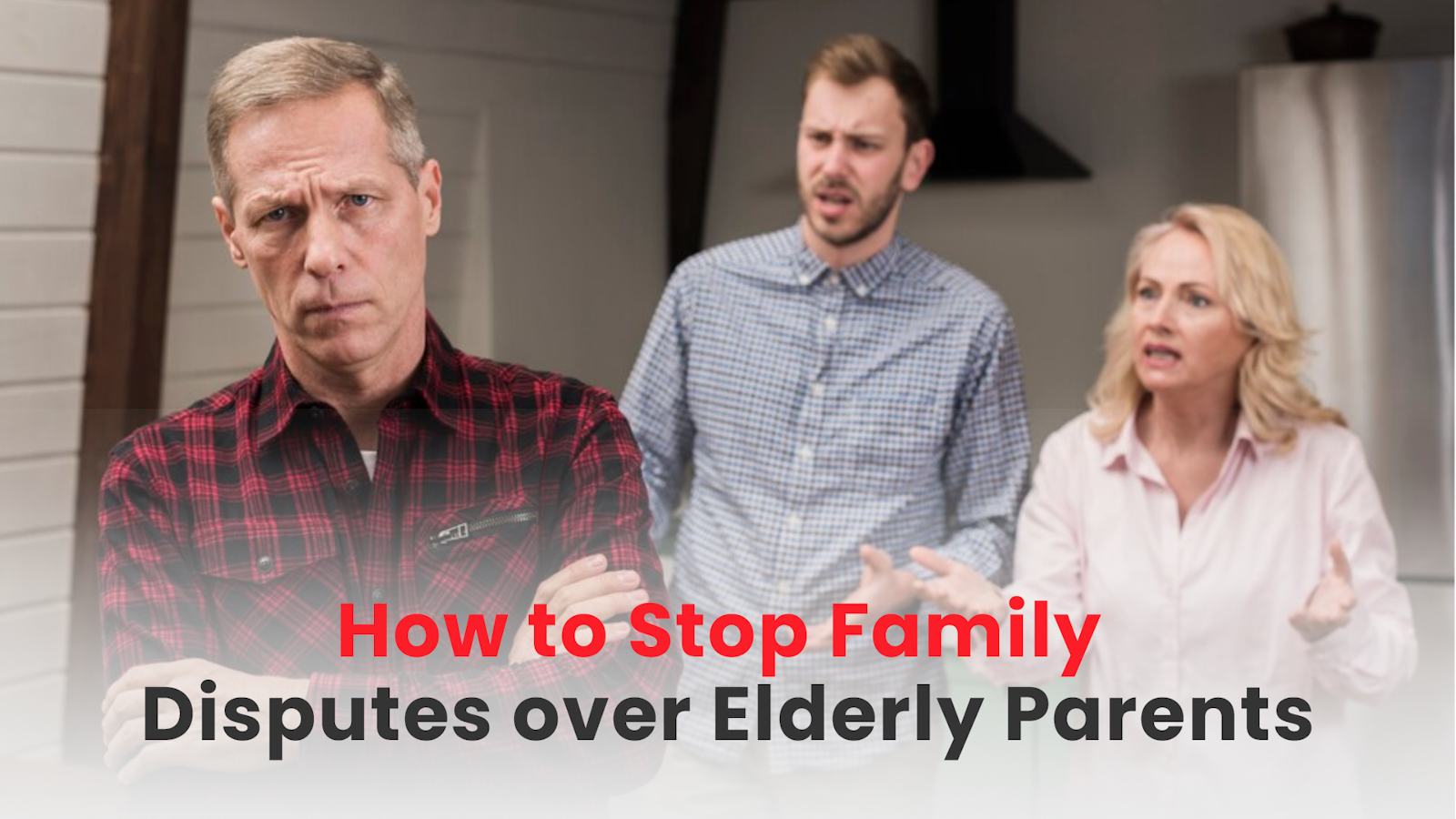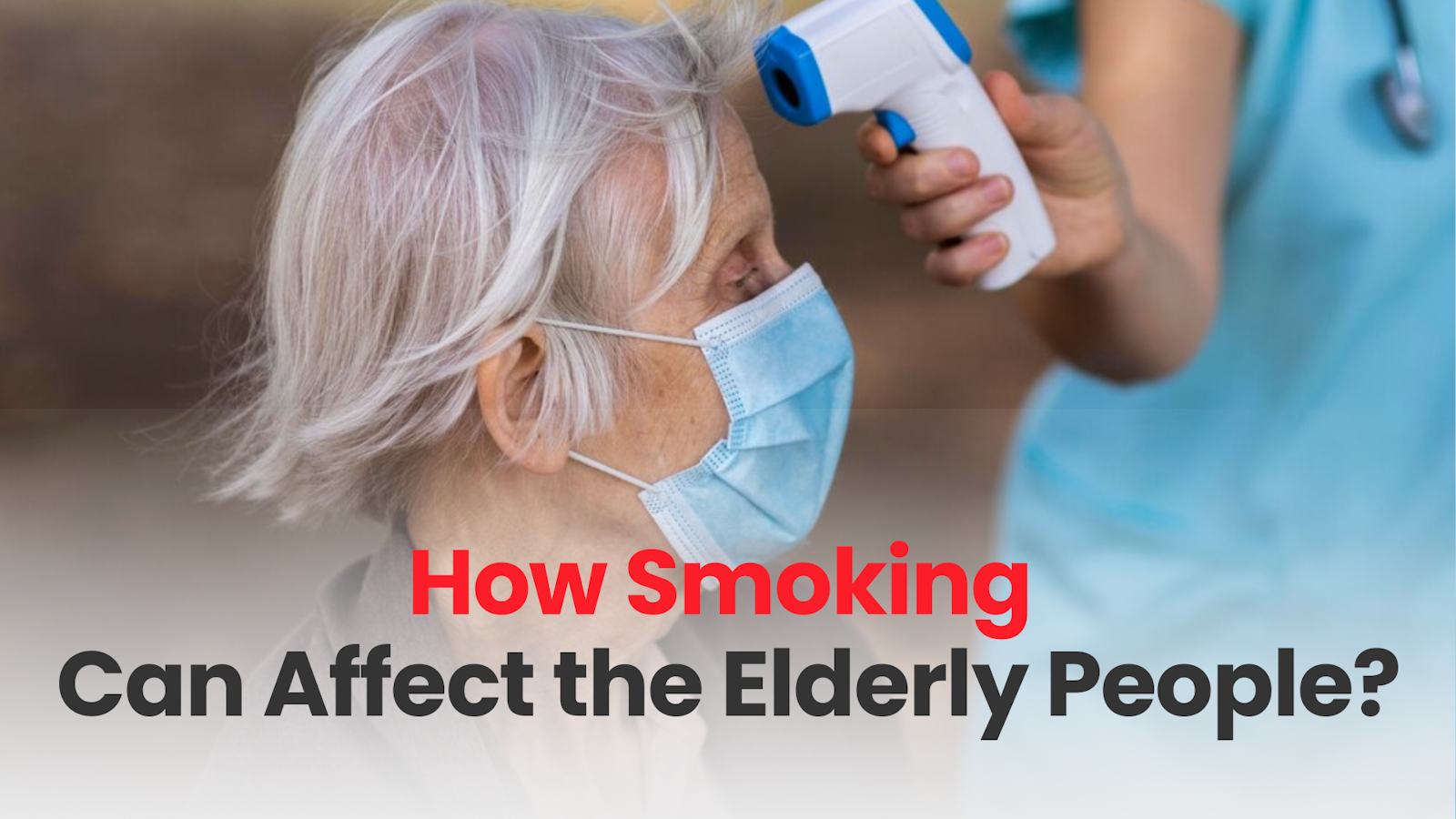As we age, our dietary needs become increasingly critical. Aging isn’t solely about wrinkles and gray hair; it involves significant shifts in our bodies. One key change is the slowdown of metabolism, necessitating more mindful food intake to sustain a healthy weight. Additionally, there’s a likelihood of alterations in taste and smell, along with potential difficulties in chewing or swallowing food. Moreover, aging leads to a reduction in the production of digestive enzymes, hindering the efficient breakdown and absorption of nutrients. Therefore, addressing these evolving dietary requirements becomes paramount for the well-being of older individuals.
Aging and Dietary Needs
It is a natural process that everyone goes through; It is inevitable and happens to everyone. As we age, our body needs different things compared to a young person. The changes in your dietary needs as you age are dependent on many factors, such as your lifestyle and medical condition. The most important thing to remember is that you need to eat a balanced diet that includes all the necessary nutrients for the body.
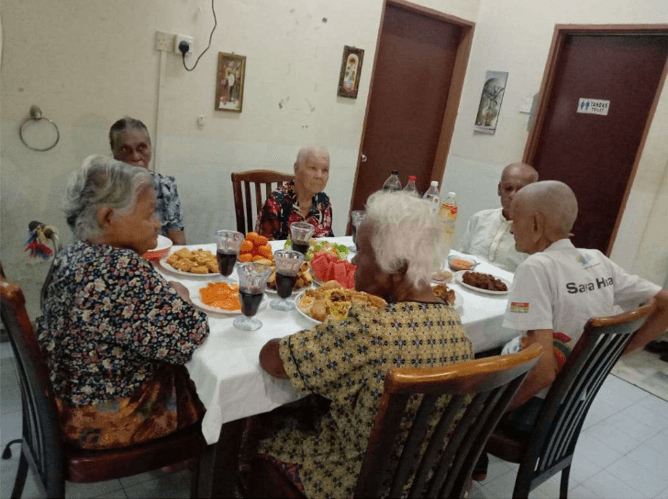
Being a natural process that we all go through, aging can affect our physical, mental, and emotional well-being. With experience in the Aged Caring Industry. My Noble Care puts all the necessary dietary information and course of action that one can take as aging.
Addressing Evolving Dietary Needs for Older People
As people age, they may have to change their diet in order to maintain a healthy lifestyle. Many factors determine an individual’s dietary needs as they age, such as changes in metabolism or the development of certain diseases or conditions. The following are some of the most common reasons for an aged person’s need to change their diet:
1- Aging can cause a person to develop food allergies or intolerances, which could require them to avoid certain foods and/or food groups.
2- Because you don’t have as much stomach acid after 50, your body’s capacity to absorb B-12 from dietary sources generally deteriorates. Taking Vitamin B-12 would help.
3- Changes in metabolism can make it difficult for an individual to digest certain foods. Therefore, food must be in a softer form, easy-to-digest, and light in dozes.
4- Older people need to eat more protein and fiber-rich foods in order to maintain their health.
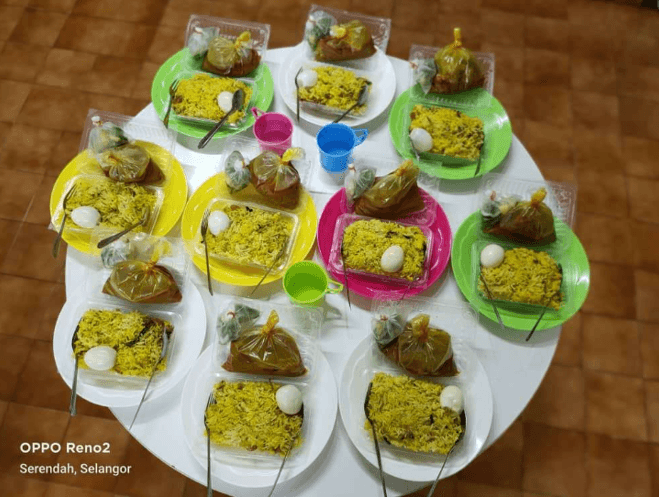
5- The most important thing for an aged person is to eat a balanced diet that includes all essential nutrients like proteins, vitamins, minerals, carbohydrates, and fats.
6- Saturated and trans fats must be avoided at all costs. Saturated fats are generally derived from animal sources. Stick margarine and vegetable shortening include trans fats, which are processed fats. They can be found in store-bought baked items and fried dishes at fast-food establishments.
7- The daily calorie requirements of an aged individual are determined by their height, weight, muscle mass, activity level, and a variety of other factors. Because they move and exercise less and carry less muscle, older folks may require fewer calories to maintain weight.
8- As per the studies of Flourish Home Nutrition from Shield Healthcare:
For Male Individuals: Around 2,000 calories are required for a male over the age of 70. If you are an active individual, you should consume roughly 2,600 calories each day.
For Female Individuals: If you’re inactive to an active woman over 70, you should consume 1,600 to 2,000 calories each day.
Conclusion:
The aging process is a natural phenomenon, and it is normal for people to experience a decline in their physical and mental health as they age. As we age, our bodies change, and so do our dietary needs. The slowing metabolism leads to weight gain, which ends up resulting in even a slower metabolism or an increased intake of food.
Some people might find it challenging to stay active as they get older, which can also lead to weight gain. If you struggle with weight gain, you might consider cutting back on high-calorie foods such as sweets or fried food.
People of all ages can count every meal by eating nutritious meals and actively using nutritional resources. Check out My Noble Care for additional information on elderly people and their care.

